Warning: contains spoilers for Season 8
Game of Thrones is arguably the most popular television show of all time. With its multitude of characters, story lines, and plot twists, this show has something for everyone. Why is it then that we, as viewers, may become more attached to certain characters than others?
At times when reality may be too painful to bear, when the horrors of the daily news may seem as if the white walkers are attacking us in real life, we may at times feel hopeless. At times like those, we may turn to TV shows like Game of Thrones. Although we may initially elect to watch certain TV shows as an escape from our daily stressors, we may end up inadvertently finding ourselves. Specifically, we may find a strong allegiance or connection to certain characters.
After a while, we may care about the characters as if they are members of our own family or dear friends. Such connections with fictional characters are referred to as para-social relationships, in that these relationships may take a role of surrogate friends or family members in our own lives. Para-social relationships can help us feel less alone and more understood by others. In addition, they can provide a model for how we might be able to manage our own traumatic experiences and overcome our own painful losses. It is for this reason that characters like Sansa may be especially endearing to the viewers. Sansa has experienced abuse, torture, traumatic losses, and horrendous assault. To see her experience the amount of suffering that she went through and triumph can allow some viewers to vicariously experience a sense of hope and healing from their own traumatic experiences. Throughout her arc, Sansa essentially goes through post-traumatic growth – a kind of positive change and an interpersonal strength that can develop after a traumatic experience.
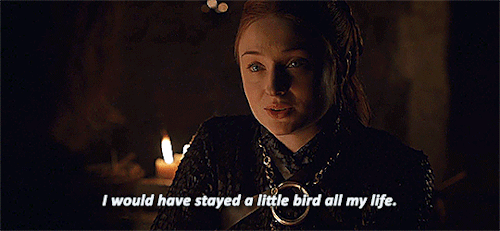
“Without little finger, Ramsay, and the rest, I would have stayed a Little Bird all my life” – Sansa
In addition to characters like Sansa, who are able to overcome the traumas they had been through, many viewers also like characters that demonstrate a redemption arc. Characters like Theon and Jaime, who started off as the villains we loved to hate can also become the characters we may root for over time. Jaime starts off as a calculating king-slaying villain, whose only loyalties are to his sister and children. In the very beginning of the series, Jaime throws Bran off the balcony for catching him with Cersei. However, over time, we see Jaime develop into a man of his word, an honorable man, someone who fights for what he believes in, and we may love him for it. (Editor’s note: If you watched Season 8, Episodes 4 and 5, this article was written prior to that. And, well. Yeah. Sometimes, a character’s story arc turns out to be a circle. Some of us will likely need to do some post-traumatic growth of our own after that.)
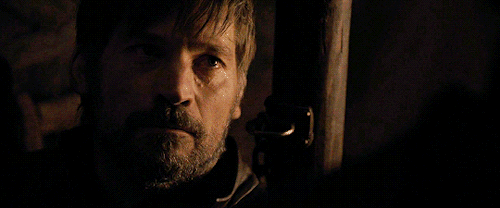

Similarly, seeing Theon initially betray the family that raised him made him the perfect villain in our eyes. However, over time, as he risks his life to protect Sansa and then gives his life to protect Bran and Winterfell, we learn to love him and are likely to grieve over his death alongside Sansa.
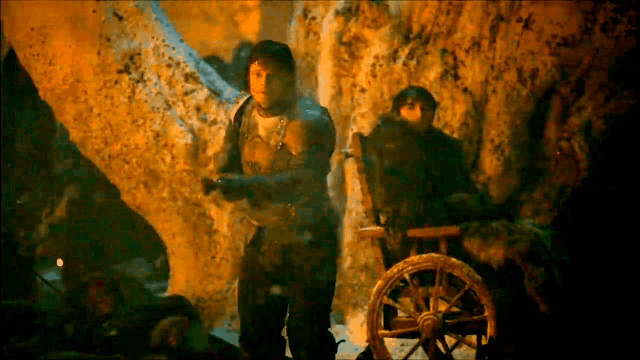
Why do we like redemption stories? Essentially, the message that we receive from redemption stories is that despite the terrible things that occurred, this individual was able to find a sense of purpose and a sense of their own goodness in the end.
Most of us are driven by hope and meaning and being able to find them in real life or in a fantasy-based television show can sometimes give us exactly the time of encouragement we may need to face our own obstacles, however challenging they may be. Seeing the Starks, as well as Daenerys, Jon Snow, and of course, particularly Arya band together and take out the most vicious enemy of them all, the Night King, shows that anything is possible. It shows us that monsters can be beaten even when we have given up hope. It shows us that even in the most unlikely of circumstances, there is still hope. And that together, we can do anything.
 Dr Janina Scarlet is a clinical psychologist and the author of Therapy Quest (May 7th 2019), a revolutionary self-help book which combines therapy with an interactive fantasy quest. For more information go to: www.superhero-therapy.com . If you or a loved one are experiencing a mental health crisis, call the suicide hotline: 1- 800-273-8255 or text “HELLO” to the Crisis Text Line: 741-741. To find a mental health professional in your area, type in your zip code on PsychologyToday.com.
Dr Janina Scarlet is a clinical psychologist and the author of Therapy Quest (May 7th 2019), a revolutionary self-help book which combines therapy with an interactive fantasy quest. For more information go to: www.superhero-therapy.com . If you or a loved one are experiencing a mental health crisis, call the suicide hotline: 1- 800-273-8255 or text “HELLO” to the Crisis Text Line: 741-741. To find a mental health professional in your area, type in your zip code on PsychologyToday.com.


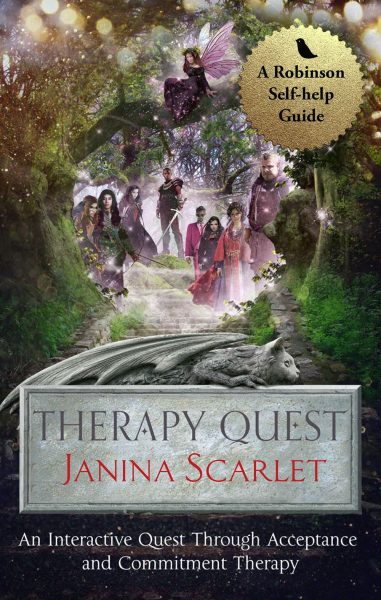


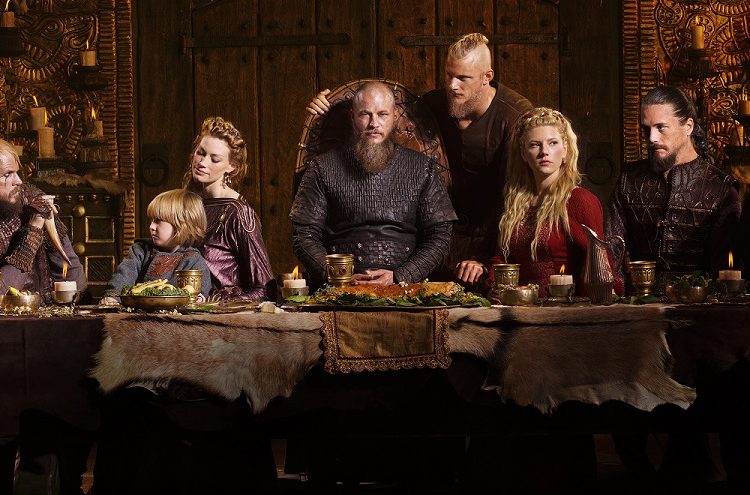

Post Traumatic Growth and Why Game of Thrones is so Fascinating | Superhero Therapy
[…] Dr. Scarlet was honored to be a guest writer for Sweatpants and Coffee. In the article she discusses post traumatic growth and why Game of Thrones fascinates us as viewers. You can read the article Here. […]